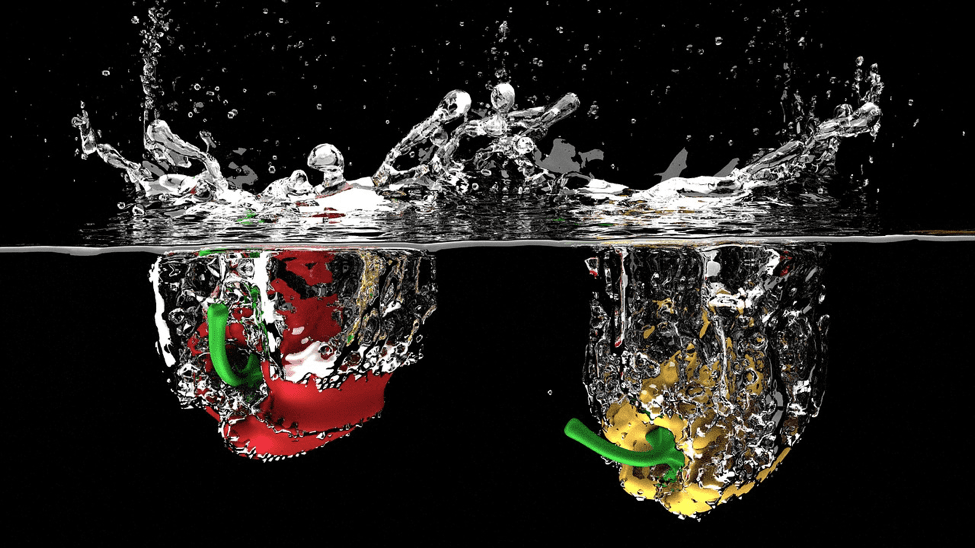Why Plumbing Matters to Your Health
Pipes and plumbing are extremely important when it comes to the delivery of fresh, clean water into our homes and offices. Most people don’t realize how important plumbing services are to their daily lives. But think about how often clean water is needed: showers, baths, drinking water, washing clothes and dishes, lawns, and so much more.
Water is extremely significant to all living things. Up to 60% of the human body is water. According to H.H. Mitchell, Journal of Biological Chemistry:
- The brain and heart are composed of 73% water.
- The lungs are about 83% water.
- The skin contains 64% water.
- Muscules and kidneys are 79% water.
- Our bones contain approximately 31% water.
- Our cells thrive on water.
- Water lubricates our joints.
- Our internal body temperature is regulated through sweating and respiration (water).
We, as humans, all need to consume a specific amount of water to stay healthy and alive. Water consumption comes from a combination of the foods we eat as well as the water we drink. Even so, we wash our fruit and vegetables with tap water and trust it is clean and sanitized.
How Does Plumbing Fit In?
Plumbing and sanitation systems are critical to deliver clean water and remove waste. If it were not for plumbing, several communicable diseases would be spread throughout the population and could end up mirroring devastating results of earlier centuries. Drinking contaminated or dirty water can be the cause of waterborne diseases, including Cholera, Typhoid, and Dysentery.
In recent decades, an intestinal illness called giardiasis (a.k.a. Beaver fever) has become one of the most common forms of waterborne diseases in North America. Giardia and Cryptosporidium are microscopic parasites that can be found in both drinking and recreational water. According to GlobalHydration.com “drinking water sources become contaminated when faeces containing the parasites are deposited or flushed into water. If treatment is inadequate, drinking water may contain sufficient numbers of parasites to cause illness.”
Which brings us back to the importance of the delivery of fresh, sanitized water. Plumbing and sanitation systems remove waste and deliver freshwater that protects us from potentially communicable diseases. According to several sources, life expectancy has more than doubled over the past 200 years due to public health improvements, such as safer foods, cleaner water, and other non-medical social advancements. Improved sanitation, public water treatment, sewage management, food inspection, and garbage collection has been responsible for this change much more than medical advancements.
What About Lead, Leaks, and Mould?
In our society, we have the luxury of forgetting about safe and effective water delivery. We assume it will always be available and rarely if ever, worry about contracting a waterborne disease. Yet, no plumbing system is safe from age, leaks, lead, and mould.
Unfortunately, lead has been used in plumbing since the early Roman days and lead poisoning has become an important concern these days. Many plumbing products, such as pipes, fittings, and fixtures are now being marked “lead-free”, which is the new standard.
If you have not checked for leaks lately, it would be wise to do so. Leaks lead to mould and there are many health problems that are closely associated with mould. If you suspect mould growth, then a professional inspection is highly recommended. Respiratory problems of all types can surface if mould on pipes is allowed to grow.
Wastewater Backup & Cross-Contamination
When backpressure and back-siphonage happen, it means that the drain waste vent system is not working properly. Basically, the downstream pressure is greater than the supply pressure which is caused by temperature increases. This can cause the downstream water to be forced back through the water supply and could easily be contaminated. To prevent this from happening, a backwater valve can be installed on the sewer line. Discuss this with your plumbing company as soon as possible to eliminate this potential concern.
Septic Tank Issues
If your water system is hooked up to a septic tank, be mindful that problems can arise with little notice. The unmistakable smell and slow drainage might be the first clues for septic tank problems. If the system fails, it can contaminate nearby bodies of water, such as groundwater and wells. Regular servicing is the best way to maintain your septic system.
New Canadian Drain & Plumbing
We understand that plumbing is not always top-of-mind with homeowners, particularly when everything is running smoothly. However, when you realize how closely plumbing and health are associated, it becomes more of a priority.
Consider scheduling an annual maintenance service to avoid potential problems and keep your plumbing (and family) as healthy as possible. We encourage homeowners to call New Canadian Drain & Plumbing to discuss any or all of their plumbing concerns. contact us here!



